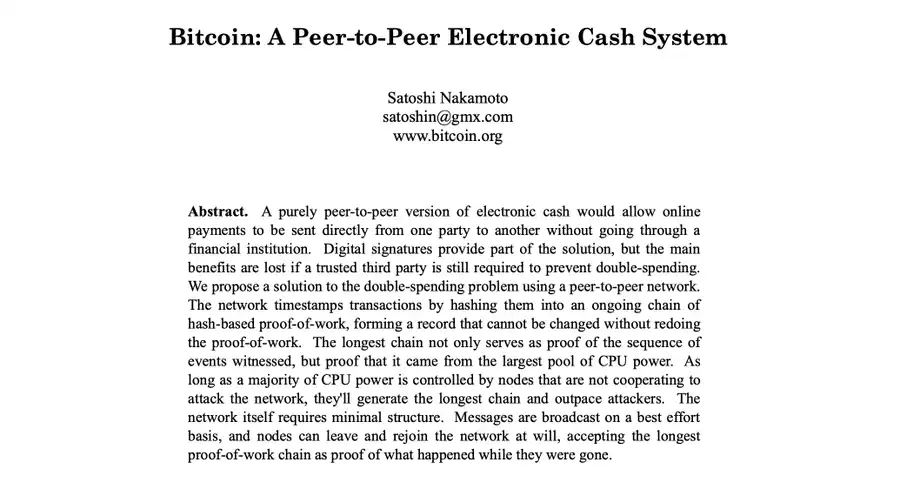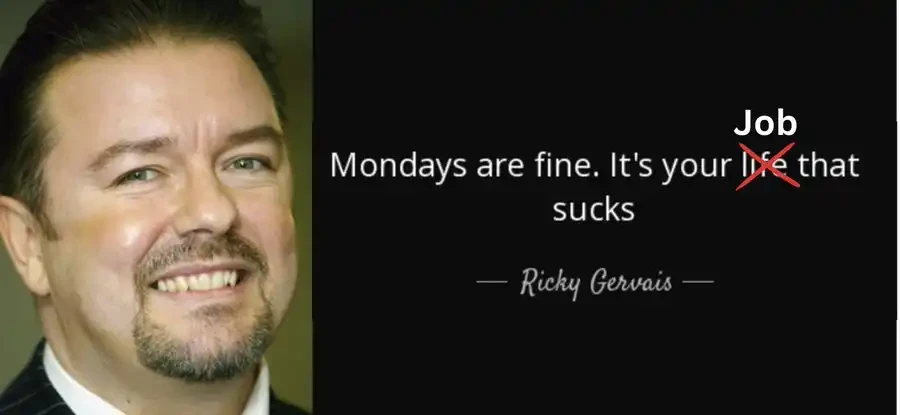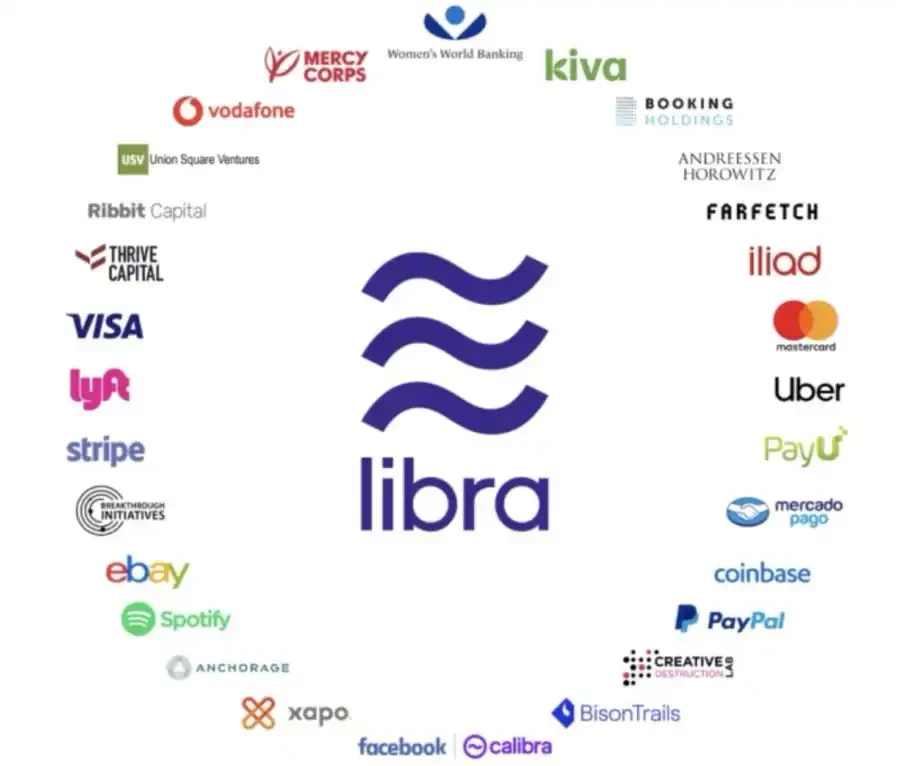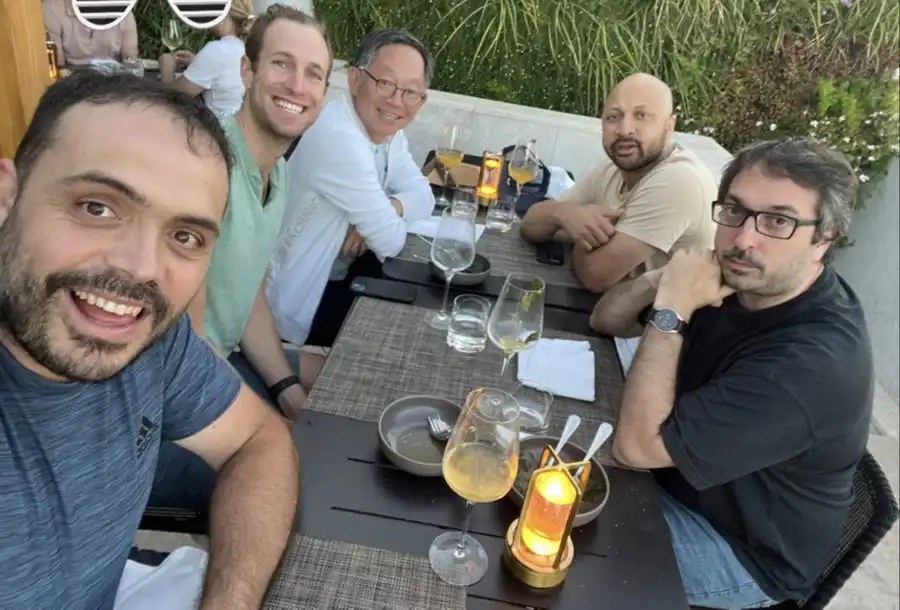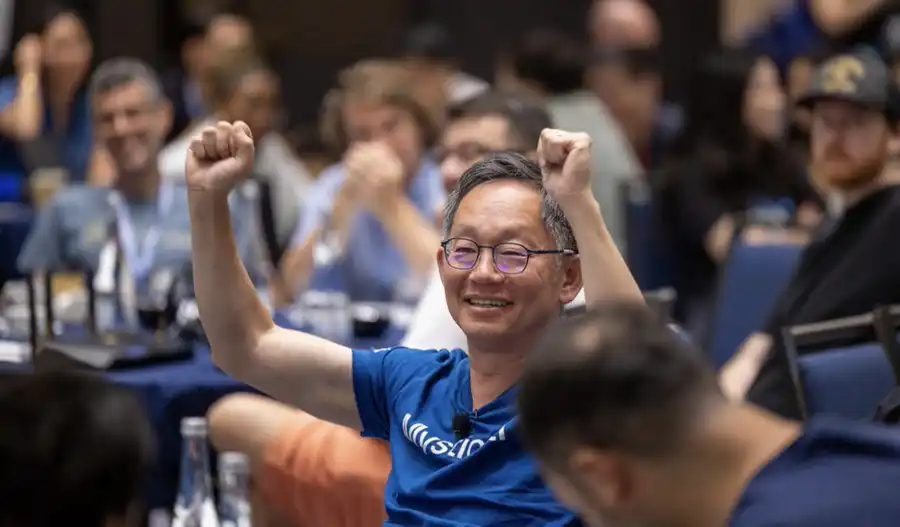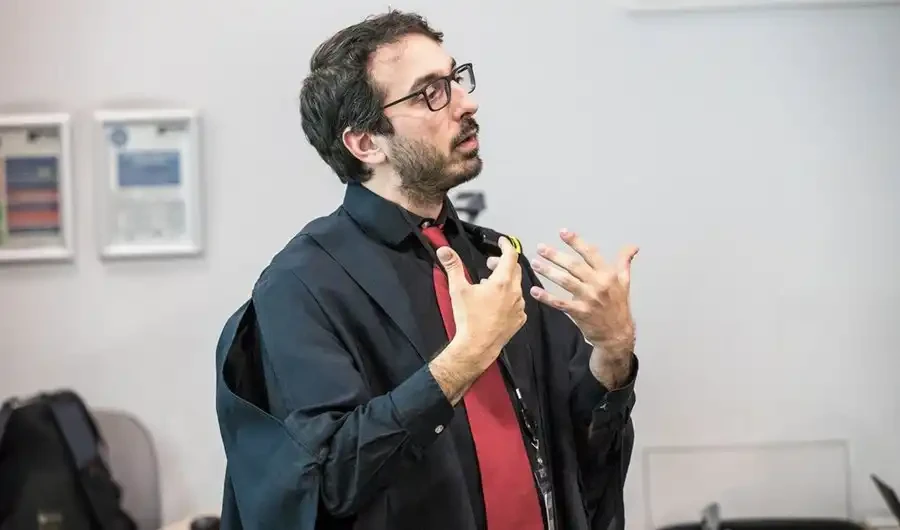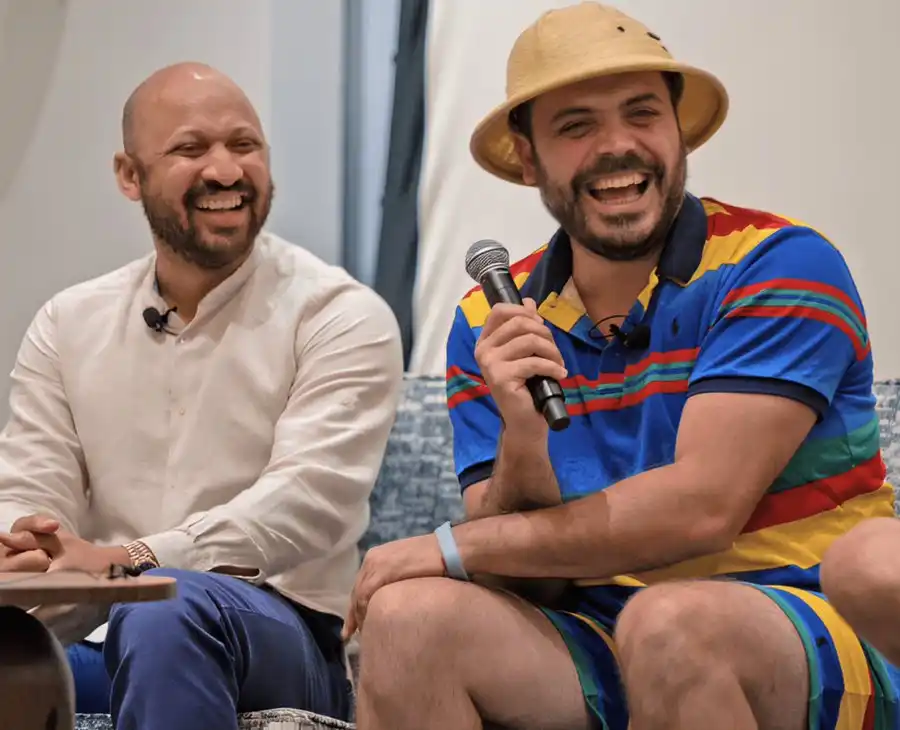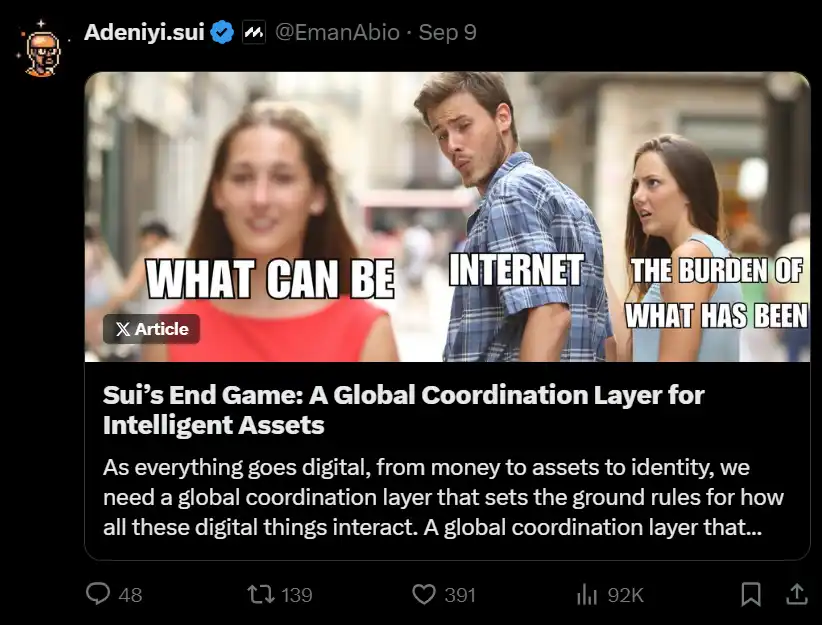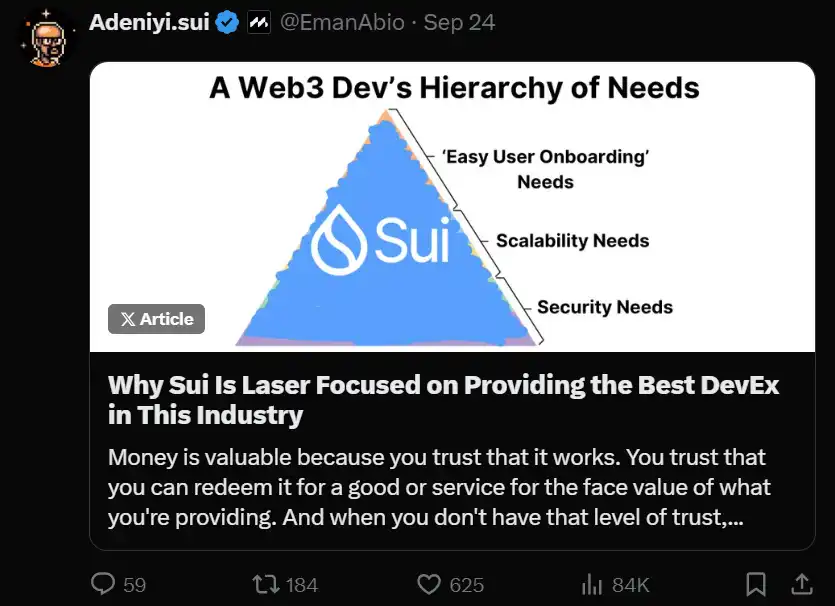Adeniyi Abiodun kể câu chuyện về việc thành lập Mysten Labs: Xây dựng Sui trên đống đổ nát của Libra
Original title: The Road to Sui: The Journey That Got Me Here
Original article by Adeniyi Abiodun and Mysten Labs
Bản dịch gốc: zhouzhou, BlockBeats
Editor’s Note: Adeniyi Abiodun shares his personal experiences and discusses how they led to the creation of Mysten Labs. His team is made up of a group of experts with extensive experience in the blockchain field, especially in cryptocurrencies. Sui has a deep accumulation of experience in algorithm and system construction, and these people have brought him great confidence. Mysten Labs also plans to develop a global storage layer and network infrastructure in the future, while continuing to work towards realizing Sui’s vision.
Sau đây là nội dung gốc (để dễ đọc và hiểu hơn, nội dung gốc đã được sắp xếp lại):
Imagine this: your wife is in labor, your first child is on the way, and you’re investing all your savings into a risky project. This was a turning point in my life, and it ultimately brought me together with some of the brightest minds in the industry. They came together, co-founded Mysten Labs, and created Sui.
The Magic Internet Currency That Almost Ruined My Marriage
In 2012, I was working in the financial industry, and my days and work were routine. I could tell you almost exactly what would happen from the time I woke up to the time I left work. I could even tell you what I would do and where I would sit. I would take the subway; what I would write, how I would test, how I would submit the code, what the traders would say after I improved the system, and then I would go home. Everything was so predictable.
But if you know how I think, youll know that this kind of certainty doesnt appeal to me. Knowing that everything is going to go according to plan is boring, so I crave some uncertainty, something challenging, At least it made me feel like I could push the boundaries. That’s when I discovered Bitcoin.
When I first read the Bitcoin whitepaper from a colleague, I thought it looked like a scam. I thought it didnt make sense until I looked at the code and reread the whitepaper. Suddenly I realized this was a great idea.
The concept of decentralized currency immediately impressed me. It is not just about mining, but a bigger picture. Bitcoin showed me that reliable currency can exist outside the traditional system. So I Start buying Bitcoin and mining it yourself. I started building my own mining rig at home, and over time I saw a gap in the market and started offering mining services to other people.
Until one day, my wife told me to move these machines out of the house because there was no free space in the house. There were these mining machines running all over the place. So I started renting space in data centers and accidentally founded My own mining company. Then came the moment when I put all my eggs in one basket.
Imagine you’re in the hospital with your wife in labor, and you have to admit: you just spent all your savings on a Bitcoin mining machine. That was my situation, and there were two very different outcomes to that moment. Different directions. I am nervous and anxious, but also full of expectations. I know it is a gamble, but I believe that cryptocurrency can change our lives.
My wife was naturally furious, but I assured her that this was an investment in the future. I knew that only by making well-thought-out risk decisions could we continue to make money while facing uncertainty and potential failure. Pursuing my passion. So, I used all my money to buy mining machines and put them in a data center. People would rent my equipment to mine Bitcoin, and I would charge a fee.
Most of my orders came from the US, in fact, my biggest supplier was in Texas. So given the amount of money I had invested in suppliers and the money I was making from US customers, I decided to go to the US myself. The original plan was to move temporarily for six months to work with suppliers and wait for the machines to be produced, but in the end, this move became a permanent relocation. In fact, this is not the first time I have suddenly moved to a new place. place, adapt to the new environment and people.
Nigerian boy with Scottish accent
I was born in Nigeria and left home when I was eight. My father was doing a PhD in economics, so my family moved to Aberdeen in eastern Scotland, where he continued his PhD in economics (and my brother, a few years later). After my father got his PhD, we moved again, this time to England. He started working, but then made a bold decision—he quit his job. Becoming a full-time pastor and dedicating my life to serving God has taught me that everything is possible and that your life doesn’t have to be constrained by your previous choices.
As for my mother, she was an entrepreneur through and through. She was always investing in business and real estate. And let me tell you, she was probably the best negotiator Ive ever met. You go to the market with her, shell bargain. She would bargain until the price she wanted was embarrassing. She never took no for an answer… I may have inherited some of her abilities, but Im definitely not as good as her.
It hasnt been easy, moving to several countries, adapting to different environments, and watching my parents take risks. But looking back, I have no regrets. My parents have always been a huge inspiration and motivation for me along the way.
If life remains the same, it will be really boring.
I went to Queen Mary University in London, but to be honest I had no interest in education and just wanted to enjoy life. It wasnt until the final exams that I realized I really needed to take my studies seriously. A few of my friends, I discovered, didnt have a lot of futures in them. Two ended up in jail, and others got involved in shady stuff like drug dealing.
I definitely didnt want to live that kind of life, so after matriculating, I took a one-year foundation course to decide my future direction. I chose astrophysics because I had always been curious about the universe. But gradually, I realized that I Need to do something more practical. Astrophysics is too theoretical for me. Theory is good, but I think my mind prefers something concrete that can be touched.
So I switched to electrical engineering and computer science, and my love for computers, my passion for programming, and my interest in software development were truly sparked. After graduation, I joined a startup and started building software and hardware for Remotely monitor oil and gas production.
I then moved into the financial industry, where I was involved in building trading systems, trading algorithms, and risk management systems. I worked at JPMorgan and HSBC, building these systems. While this was an interesting experience, over time, I started to get bored. As I said before, it all became predictable. I also couldnt see where my long-term value was, where I could make a significant impact.
I don’t want a 1% improvement, I want a 100-fold improvement. I want to do something that I can be proud of over and over again. So moving to the United States because of a Bitcoin mining company was an unexpected blessing for me. Because I understood that the technology Bitcoin pioneered was so much more than just peer-to-peer cash transactions, it had the power to change the way our world works, and I began to see the bigger picture.
Finding Clarity Through Burnout
After spending some time in the Bitcoin mining space, I feel a little disappointed because I feel like we haven’t made much progress in the development of Bitcoin. Mining is important, but what else can we do besides mining? What other possibilities are there? Because of my background in the corporate world, and my experience building systems for large banks, I began to feel that blockchain technology could be the key to solving many corporate problems. So I decided to bring blockchain technology to the Bringing blockchain technology into the enterprise.
Thats how I started working at Oracle and then moved to VMware, a software company focused on cloud computing. For me, it was a new challenge to get into VMware. They were building a blockchain-based enterprise The development of this product lags behind that of competitors, and they have almost nothing except the basic algorithm.
So we had to build this new product to sell to businesses and consumers while trying to catch up with the companies that were already well established in the industry, and we were under tremendous pressure to catch up. Because my experience in the crypto industry taught me that things change. Very quickly. I realized I had to launch something quickly because I knew how bad it felt to lose. If you dont give it your all and it fails, you realize it was because you didnt try hard enough.
I have always been a competitive idiot, whether it was on the football field or playing video games, I always wanted to win. To me, winning meant winning big. I didnt want to win by 1 in FIFA. -0 against you, I have to win the game 6-0. For me, there has to be a clear gap to win. Therefore, I took on more responsibilities in a short period of time because the workload was really Too big. I found myself busy with marketing, engineering, product development, and just about everything.
But I was very motivated. I always told myself and my team that we had to do our best and launch this product as soon as possible. I worked long hours every day and felt that I could not be defeated. But I soon realized that the real The problem is not the technology. The technology exists, we can build it, the problem is ownership.
You see, these companies all want to own a piece of the infrastructure they need so they can control it. When you have that mindset, you can’t have a reasonable alliance because there’s no common goal. The first thing I did in my career was The first time I really experienced burnout, it hit me like a truck and I burned myself out in just six months.
That experience taught me that you can’t equate failure with something that happens in six or seven months, you need to look at it as a long-term focus, which is a principle we take to heart at Sui. We not only pursue quick wins, but also work for long-term development and strive to create a truly decentralized Internet.
Meeting the 100x Team
After experiencing burnout at VMware, I came to Facebook. At Facebook, I worked on a project called Libra. This was a very ambitious plan where Facebook formed a consortium to build a blockchain to create A global digital currency and payment system. What attracted me to Facebook was that there were alliances here that we couldnt build in our previous jobs: at Facebook, they were able to unify around a goal.
So the “bootstrap problem” that I saw with Oracle and VMware still exists, but I feel like Facebook has solved it through the Libra and Diem alliance, and they’re committed to building this infrastructure for the entire world.
Our idea is to make sending money on the Internet as easy as sending an email, and we think thats a public good that can really benefit the world. Facebook has been able to build one of the best research teams Ive ever seen, we have Stanford University, Professors, outstanding computer scientists, and smart minds from all over the world. Its been a pleasure working with everyone there, and they have built a great team culture with everyone being passionate about the mission were pursuing.
But even with all this talent, we still face huge challenges. Because of Facebook’s past problems with public trust and data privacy, people are skeptical about them starting a new financial system. Think about it, if you wake up tomorrow morning and In the future, 200 million people will have bank accounts in Facebook Bank, which will be the largest bank ever.
Thats a terrible thing for any country. Plus the public opinion is I dont trust Facebook, its a monopoly. Thats the problem were trying to solve, when you start from a starting point of distrust, How to build trust? Because of these reasons, Libra did not succeed in the end.
In hindsight, I think we probably underestimated how tough Congress would be on Facebook. But I really think Zuck should be commended, and David Marcus should be commended, for having the courage to try things that no one else had tried. In its failed attempt to launch Libra, Facebook actually opened the door for other companies like PayPal, Visa, Circle, etc. Therefore, the amount of money they invested in Libra and the subsequent decision to cancel the project paved the way for other companies. .
For me, it was heartbreaking to see this great team, the best team I have ever worked with, fail due to external factors.
And I had absolutely no idea what to do next.
A brilliant team without a plan
I would also say that for me personally, the failure of Libra also planted the seeds of success. Without that failure, I would never have had the opportunity to work with those brilliant minds who eventually came together to create Mysten Labs and later Looking back on my time at Facebook, one thing that stands out is my admiration for Evan and his team.
Evan is an outstanding leader and a great visionary.
Evan is one of the key innovators of LLVM technology, which powers most iPhones and countless other devices we use every day. It was a huge revolution in the tech world, and his work earned him the prestigious ACM Computer Science Award , this award has been given to some of the worlds top computer scientists.
He also led the RD team at Facebook.
They are like mad scientists, creating the products we use every day. So when the opportunity to work closely with Evan and his team arose, I didn’t hesitate to join. This experience allowed me to connect with the future of Mysten. The Labs co-founders developed a friendship, and seeing that there was no end to the delays in the launch of Libra/Diem, Evan and I got together and he asked me: If we were to start a company, who would you want to work with? The rest of the founding team asked the same question, and when we all gave our answers, the results were the same, which was clearly meant to be.
Sam Blackshear is one of Facebooks top engineers, and the Move programming language is his brainchild.
And consensus expert George Danezis
Facebook actually acquired his company Chainspace to help build Libra, which speaks volumes about his abilities. Finally, there’s Kostas “Kryptos” Chalkias, this guy’s creativity is astounding.
At Facebook, he is the point person for all things encryption-related, and he developed many of the encryption algorithms used in WhatsApp, one of the world’s most widely used apps. We were all on a call, and everyone explicitly mentioned the same thing. So we just decided to do it! No one argued about roles or responsibilities. To be honest, we didn’t even know what we were going to build yet, but one thing we knew for sure was that we wanted to work together. And just like that, Mysten Lab This is a good place to start.
Global coordination layer for smart assets
The vision of Libra was to make sending money as easy as sending an email, built on an infrastructure controlled by multiple companies. When we started Mysten Labs, we realized that this vision was too narrow. We wanted to build something bigger. But we also want it to be open and decentralized.
The world is becoming fully digital, and every asset is becoming digital by default. Today’s Internet is great at transferring data, but it’s not great at transferring value or intent. If I want to send you money, we’ll face various The result is a mess of protocols, none of which actually controls the funds.
So what kind of infrastructure does the internet need to create a world where assets can be seamlessly constructed, coordinated, and combined? If we are going to have billions of assets, and everyone has their own, how do we do that in a unified way? Enable the coordination of intent for these assets so that others can participate in them?
This is our mission, so on the ruins of Libra, Sui’s vision began to become clear – to build a global coordination layer for digital assets.
We are not a bunch of tech bros playing around with crypto, we have people on our team who have built systems and applications that scale to billions of users. We have the technical expertise and real-world experience to build a truly global Solutions that work.
To me, it all came together: a big vision, a team I had no doubt about, and a chance to make a lasting impact on the future of the Internet. As we began to build, the strength of our team became From the fastest consensus protocol to an object-centric approach to a platform with the best developer experience in the industry, Sui is starting to take shape.
Our complete vision is not just a global coordination layer, but also a storage layer and network infrastructure. Next, we are building a global storage layer, which we are developing in partnership with Walrus. Then we will build a global network We are building the entire technology stack layer by layer.
I can confidently say that there is no L1 blockchain that can truly match the vision or technology we are building at Mysten Labs. Also, no company has the human capital that Mysten Labs has, which is why I am sure we will win. Like I said before, I hate losing. Im a sore loser, and this was a game I knew we were going to win.
You might be wondering why I spent so much time telling my personal story instead of jumping right into all the exciting things going on at Mysten Labs. I thought it was important for you to know my background because I want to Share a more complete picture.
From the outside, it may seem like it has been smooth sailing, but it has definitely not been. Much like the crypto world itself, my path has been filled with ups and downs — volatility, uncertainty, and sometimes even risky and perhaps reckless.
This article is sourced from the internet: Adeniyi Abiodun tells the story of the founding of Mysten Labs: Building Sui on the ruins of Libra
Original|Odaily Planet Daily ( @OdailyChina ) Author: Wenser ( @wenser2010 ) The trend of issuing coins with one click is still going on, and this time it has finally blown back into the Ethereum ecosystem after a long absence. Ethervista’s platform token VISTA has achieved a miracle of increasing a hundred times in one day today. In the article One-click coin issuance becomes the new password for cryptocurrencies, which platform can compete after pump.fun? published in early July, we briefly introduced and analyzed the representative projects at that time. Now that September has arrived, with SunPump leading the TRON ecosystem Meme craze and Four.meme driving the growth of BNB chain transactions, Odaily Planet Daily will once again briefly introduce and analyze some representative one-click coin issuance platforms in this article…
